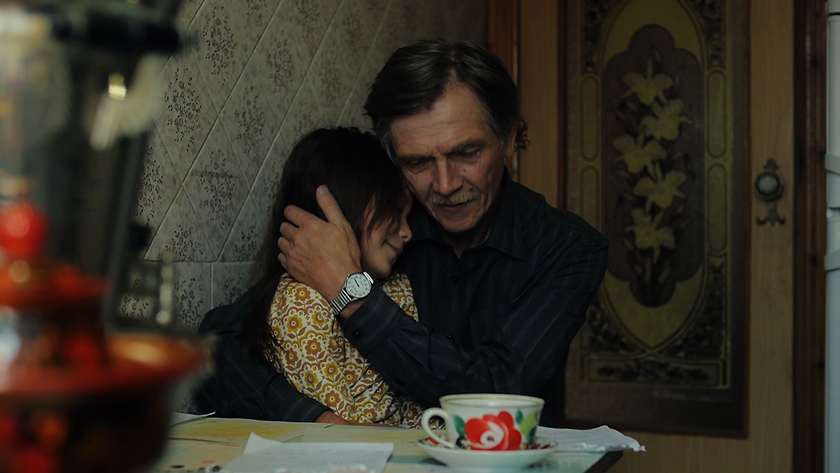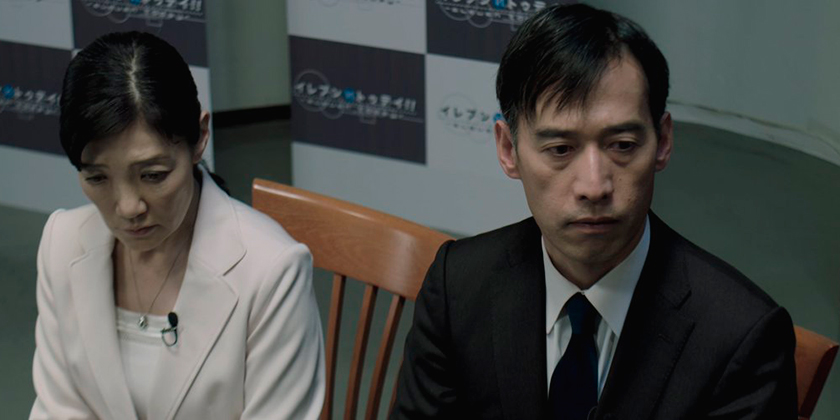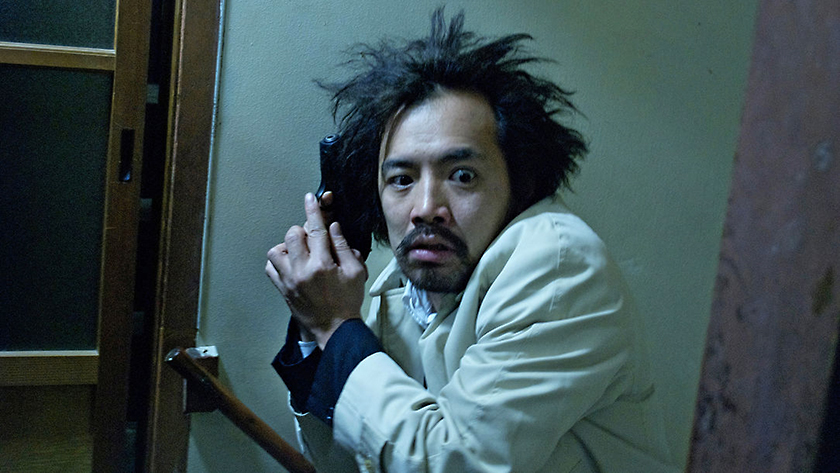Blanka
There is the phrase, “appearances can be deceiving,” and this may best describe many people’s perception of poverty, especially when it may define the image of a particular place or country. Having been born and raised for a few years in the Philippines, I was never aware of my country as being a “less fortunate” one. But even as I grew up and I became aware the Philippines did have economic and political instabilities which kept many living in poverty, return trips to visit family never impressed upon me the woeful image many abroad held for the people living in makeshift shacks on squatted land; to this day I see commercials by non-profit organizations asking for support in the aid of children earning their living rummaging through trash on a once smoldering pile of refuse known locally as “Smokey Mountain.” No matter what the world may see when they gazed at those intentionally heart-rending (read: manipulative) depictions, I knew the Filipino spirit was more vibrant, indomitable, and selfless than in many countries to which those …






